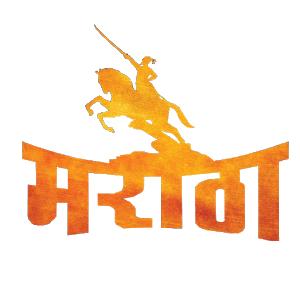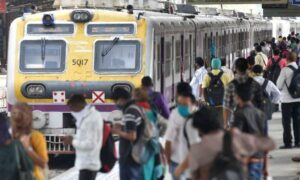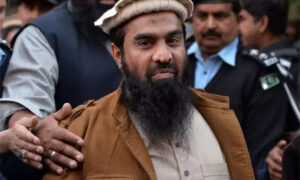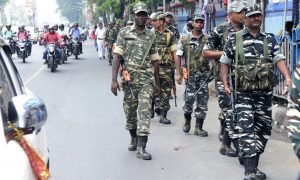On 30 November 2018, the Maharashtra state legislature passed a bill allotting a 16% quota in government jobs and education to the “socially and educationally backward” Marathas.
The report that the Backward Class Panel had prepared based on its study, was handed over to the petitioners. They had challenged the decision to grant the reservation in the Bombay High Court.
Seven decades ago, in 1942, the Bombay government issued a government resolution (GR) with a list of backward classes that included the Maratha community. The GR included Marathas as an intermediate class for education purpose. However, in 1950, the union government prepared a list of Scheduled Castes, Scheduled Tribes and Other Backward Communities (OBCs).
The report stated that the Maratha caste, present in the 1942 list, disappeared from the 1950 list. In 1966, the state government modified the list and included Kunbi in the OBC list.
The commission opined that the Maratha and Kunbi castes were not separate – they were one and same. It clarified that Maratha is not a caste, but refers to the Marathi speaking people. The caste of such people is Kunbi, who were agriculturists.
The panel said that the Maratha community is socially, economically and educationally backward and should be classified as ‘Backward class”.




























 WhatsApp us
WhatsApp us
Pingback: Types Of Fishing Poles
Pingback: 안전바카라
Pingback: 카지노
Pingback: buy roxicodone online
Pingback: speedy plumbing
Pingback: satta king
Pingback: rottweiler puppies for sale near me in usa canada uk australia europe cheap
Pingback: hd porn xnxx
Pingback: cach vao 12 bet
Pingback: ghi so de
Pingback: cheap wigs sale online
Pingback: immediate edge reviews
Pingback: bitcoin evolution review
Pingback: Mossberg Firearms for Sale
Pingback: https://www.buybestreplicas.com/
Pingback: DevOps solution
Pingback: rolex replica
Pingback: Pioneer DV-696AV-K manuals
Pingback: DevSecOps
Pingback: plumber Kitty Hawk NC
Pingback: Institutional Repository
Pingback: Vanessa Getty net worth
Pingback: digital transformation and cloud technology
Pingback: reviews good cvv shop
Pingback: blue meanie wwe
Pingback: sbo
Pingback: maxbet
Pingback: คลิปหลุดใหม่
Pingback: Buy magic mushrooms online Michigan
Pingback: wow slot
Pingback: edibles marijuana gummies
Pingback: Key Wall Safe
Pingback: have a peek here
Pingback: tiktok video download
Pingback: wapjig.com